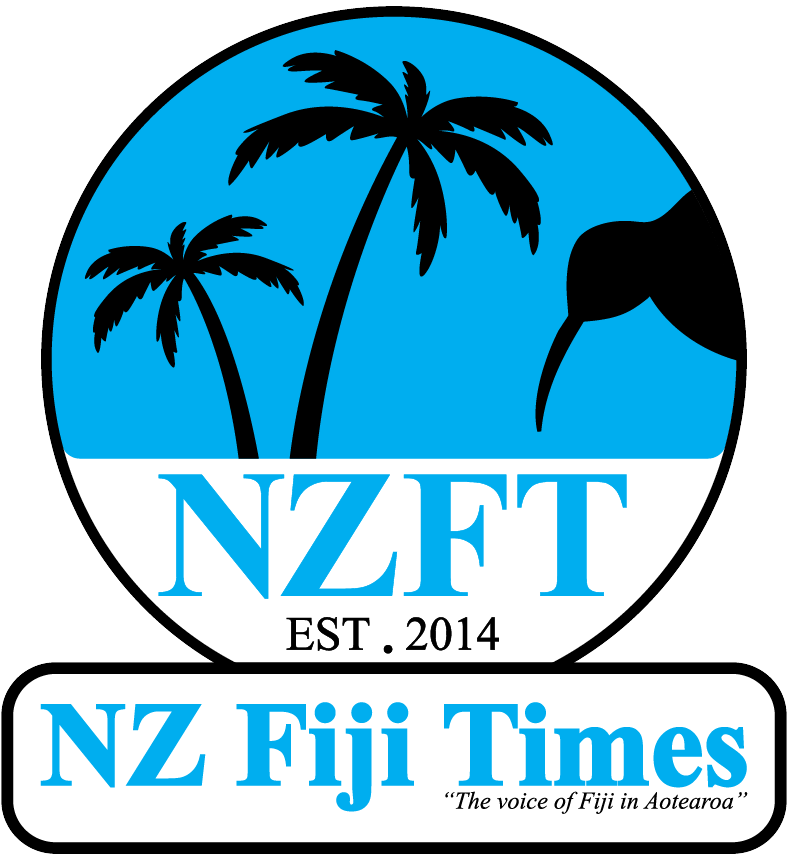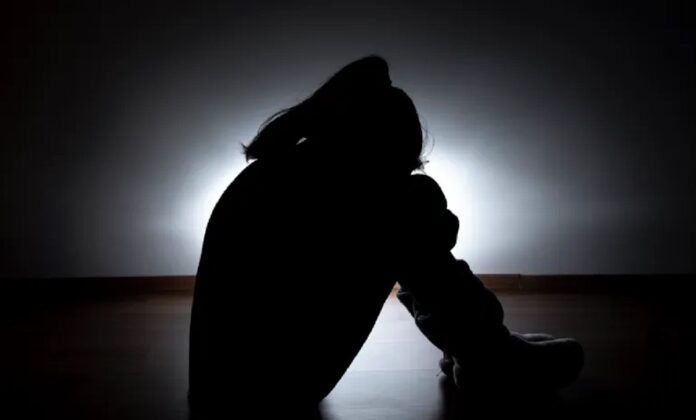On World Day Against Trafficking in Persons, it was revealed that many girls from Fiji have reported stories of human trafficking, but they often do not fully understand the crime.
Nanise Rasuaki, a Program Officer at the Asia Foundation, highlighted the cases she has encountered while working with non-government organizations. Rasuaki explained that human trafficking involves acts, means, and purposes, which usually include harboring and transferring the movement of a person and coercion and manipulation.

According to USAID, the Pacific Regional Initiative and Support for More Effective Counter Trafficking in Persons (Pacific RISE-CTIP) program aims to strengthen the prevention, protection, and prosecution of human trafficking through a holistic, multi-sectoral approach that engages government, civil society, and the private sector.
The initiative prioritizes Fiji, the Republic of the Marshall Islands, Tonga, Papua New Guinea, and Palau. The Asia Foundation provides strategic, programmatic, and financial oversight of the project.
Fiji is identified as a source, destination, and transit country for men, women, and children subjected to sex trafficking and forced labor due to its extensive porous border and vast maritime zone. In the 2024 Department of State Trafficking In Persons Report, Fiji is ranked on the Tier 2 watchlist.
Pacific RISE-CTIP addresses TIP in Fiji by strengthening prevention, protection, and prosecution mechanisms and strategies through close collaboration and partnerships with the Fiji TIP Interagency National Trafficking Committee (INTC).
Rasuaki reached out to Butakoci Production to raise awareness about human trafficking, stating that it is not a new concept and has been present in the country since the 1800s.
Click to read more about Fiji

















